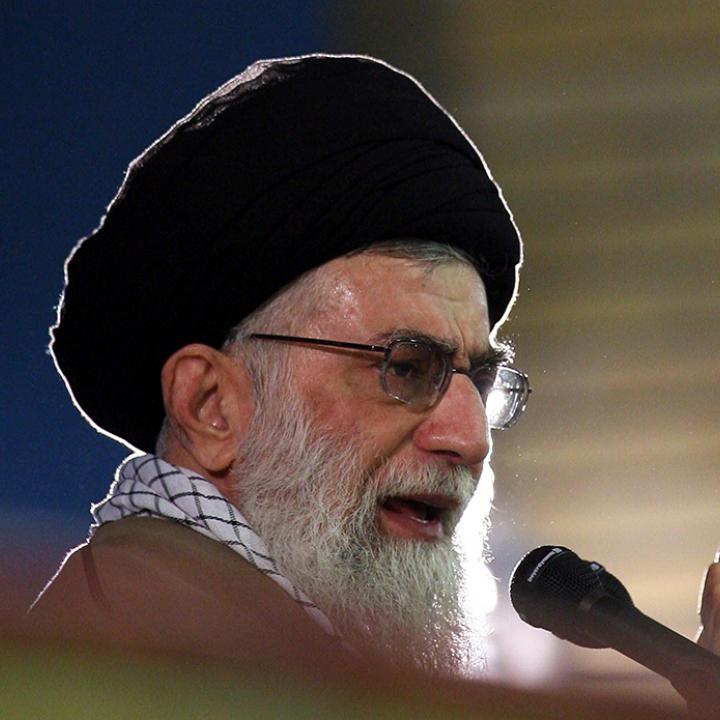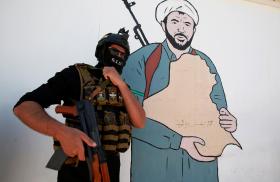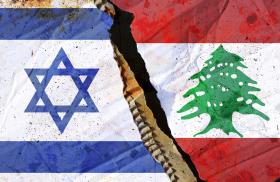

Iran is trying to goad Argentina into burying its probe of the 1994 bombing in favor of improved diplomatic relations, but the evidence is too overwhelming.
Iranian and Argentine diplomats recently concluded a first round of negotiations over the 1994 bombing of a Jewish community centre in Buenos Aires. Argentina has long sought the extradition of eight Iranians — including current Defence Minister Ahmed Vahidi and former President Akbar Hashemi Rafsanjani — for their alleged roles in the 1994 bombing of the Israeli-Argentine Mutual Aid Association (AMIA) that killed 85 and wounded 300.
The Argentinian state investigation into the bombing has concluded that Iran and Hizbollah were behind the attack. And yet, in the context of this first round of negotiations, an Iranian Foreign Ministry spokesman said that Iran “condemns and rejects terrorism charges against its citizens.” In rejecting the results of an intensive Argentinean investigation, which benefited from FBI assistance, the Iranian spokesman suggested that Iran’s only real interest in talking to its Argentinean counterparts was to pin the attack on someone else.
A broad range of evidence appears to tie Iranian agents to the attack. Abolghasem Mesbahi, a defector from the Iranian Ministry of Intelligence and Security (MOIS), testified to Argentine investigators that the AMIA building was picked from a list of targets at a meeting of senior Iranian officials in Mashaad, Iran, on August 14, 1993.
The list was allegedly supplied to those gathered by Moshen Rabbani, who officially served as a representative of the Iranian Ministry of Agriculture in Buenos Aires and led a local mosque but who is described by Argentinian prosecutors as “the driving force” behind an Iranian intelligence network in Argentina.
According to the investigators, more than a year before the bombing, Rabbani visited several dealerships to inquire about purchasing a Renault Trafic van, the same type of vehicle used to bomb the AMIA building. Once the target was selected, Iranian officials tapped Rabbani to organise the logistics for the attack and liaise with Hizbollah operatives on the ground.
Much of the funding for the AMIA operation appears to have flowed through bank accounts controlled by Rabbani. In December 1993, two months after he returned from attending the go-ahead meeting in Mashahd and four months before the bombing, Rabbani opened a new bank account into which $150,812 was transferred.
Rabbani was allegedly assisted by an array of diplomats at Iran’s embassy in Buenos Aires, and others who suddenly swarmed into Argentina in a frenzy of visits leading up to the attack.
To deny Iran’s role in the bombing looks like suspending reality. To ignore the evidence in favour of diplomatic relations would be a travesty of justice and an insult to the victims of the attack. Iran’s goal in these negotiations is clear: to press Argentina to bury its probe in favour of improved diplomatic relations. Which begs the question: what is there for Argentina to discuss?
Matthew Levitt is director of the Stein Program on Counterterrorism and Intelligence at The Washington Institute.
Jewish Chronicle


